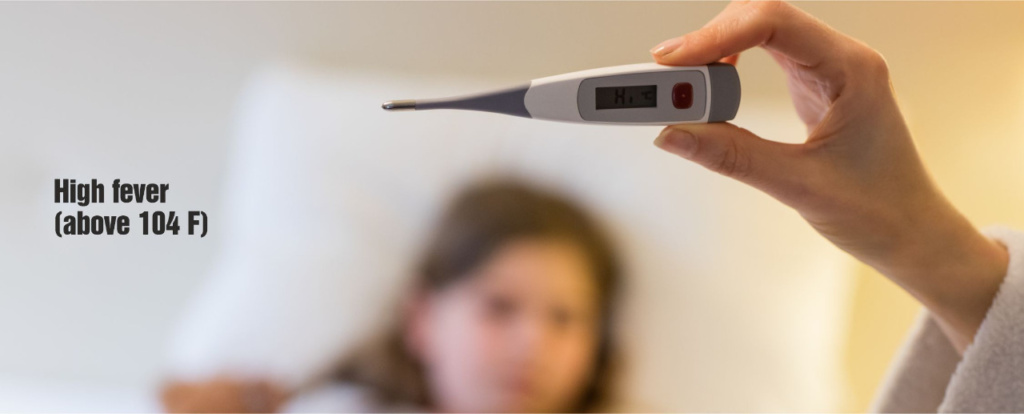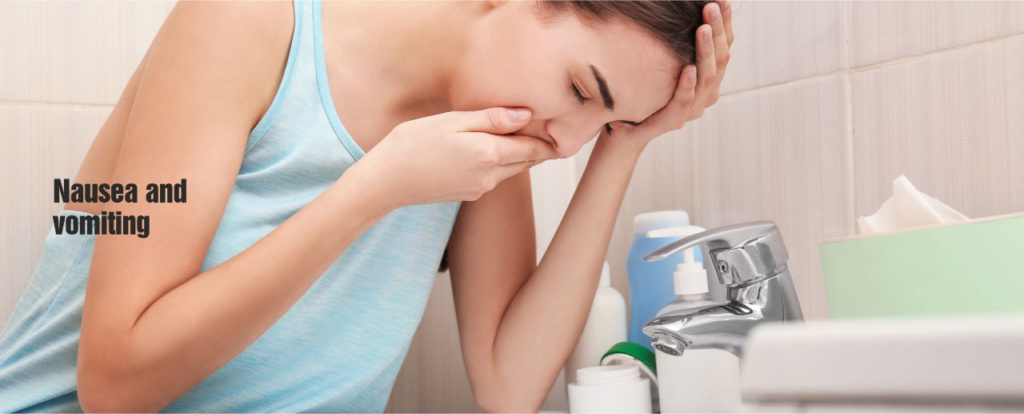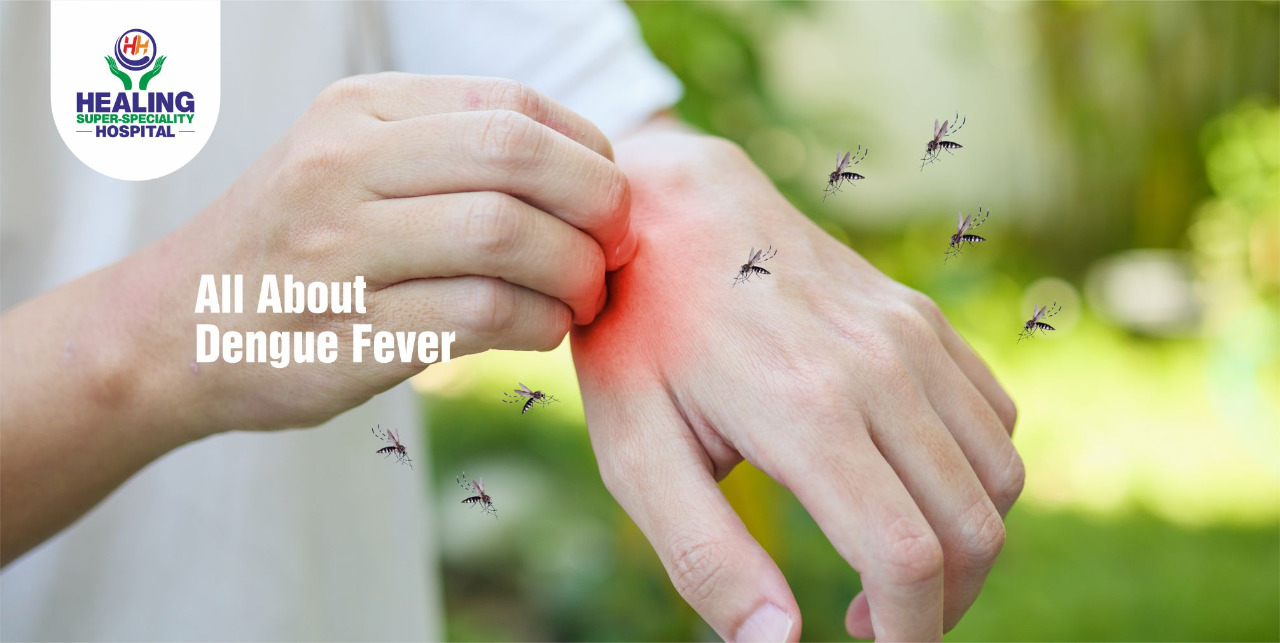One of the most common mosquito-borne illnesses that is prevalent across many parts of the world is dengue. As of now, there is no vaccination for dengue fever and the only way to prevent infection is taking all the necessary precautions. These include wearing full-bodied clothes to prevent mosquito bites, using an effective mosquito repellant and not letting water gather in or around the place where you reside.
Although mild dengue fever shows symptoms similar to what you might experience in a flu infection but the dengue hemorrhagic fever (severe form of dengue) can lead to serious internal bleeding, shock and eventually death in many cases.
Dengue fever spreads from the bites of infected mosquitoes. There are four types of dengue viruses or serotypes (DENV-1, DENV-2, DENV-3, DENV-4) and once you recover from the disease, there is a long-term immunity from only that serotype which caused you the infection. The other three dengue viruses can still pose a health risk for you in the future.
Those residing in high-risk areas with increased mosquito population have an greater risk of exposure to the virus. Also, people infected with dengue previously have a higher probability of getting severe symptoms if they get dengue fever again.
If you are bitten by an infected mosquito, symptoms begin to show up between 4 to 10 days. However, the symptoms mimic flu illness and can make it difficult to recognize if the person has dengue. You need to look out for additional symptoms. These are:

- High fever (above 104 F)
- Pain in bones, muscles and joints
- Pain behind the eyes

- Nausea and vomiting
- Headaches
- Inflammation in the glands
In most people, dengue fever symptoms subside within 7 to 10 days. But in certain cases, dengue can take a severe form thereby worsening the symptoms and leading to dengue hemorrhagic fever or dengue shock syndrome. The platelets or clot-forming cells reduce drastically as the blood vessels become damaged and leaky.
Once your fever goes away and after a day or two, you start experiencing signs such as bleeding in the gums or nose, difficulty in breathing, extreme pain in the stomach, blood in vomit, urine or stools, tiredness or irritability; it is important to seek medical help immediately. These are all signs of dengue hemorrhagic fever.
At present, there is no specific treatment prescribed for dengue fever. Once you are diagnosed with dengue by your medical healthcare provider, you can be given over-the-counter pain relieving medicines for muscle pain and fever. For serious cases, supportive care after hospital admission is necessary wherein the patient might have to undergo blood transfusion or IV fluid and electrolyte replacement depending on his exact condition.
FOR MORE INFORMATION AND APPOINTMENT CALL:
0172-5088883, +91 9464343434
























